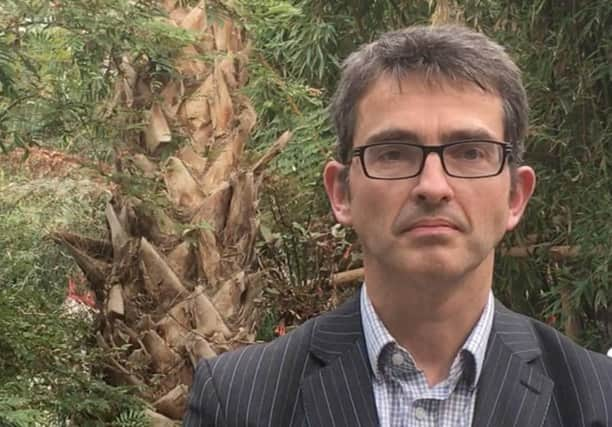Sheffield health chief's ‘gloomy’ Covid-19 prediction: 'I would expect summer to be rather like last summer'


Greg Fell gave an update on the city’s coronavirus situation in a Sheffield Council cabinet meeting today.
He said cases and hospital activity were falling but warned of still a long journey towards returning to life without restrictions.
Advertisement
Hide AdAdvertisement
Hide AdMr Fell said: “I think there will be gradual reduction in restrictions over a long period of time.
“The narrative I’ve seen is a cautious but slow and irreversible reduction in restrictions. It might not be as irreversible as we want because if the reduction in restrictions lead to a big spike in cases I think the government will reserve the right to impose restrictions again.
“I think the lifting of restrictions will be really quite cautious and slow.
“I would expect summer to be rather like last summer. By then however we will have a very well vaccinated population and the vaccinated may be able to do different things. Next autumn and winter is a worry, there has been talk in the media of zero Covid – I think that is unachievable. I wish I was wrong but I think we will be living with Covid for some time to come.
“There won’t be a clean exit from the pandemic.
Advertisement
Hide AdAdvertisement
Hide Ad"My sense is that there are three criteria in my head: R will need to be very much below one, community transmission will need to be very much lower than it is now and we will need to have a well vaccinated population. The third of which will be actually quite close, a couple of months away at most.
“I’m expecting to be in some form of managing the spread of the virus for probably the next calendar year. So I’m being a bit gloomy there and of course I hope I am wrong but it’s important to be honest.”
He added that signs were now showing that vaccinations were “doing what it says on the tin” and reducing the death and hospitalisation rates in the elderly.